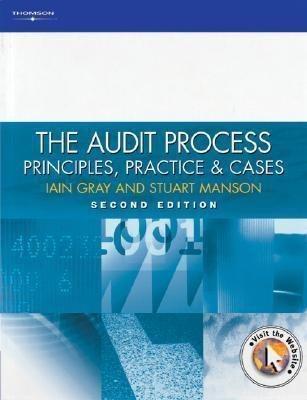Question
A developer was in the process of building some store space that would be within the right rent range for a furniture store. Space could
A developer was in the process of building some store space that would be within the right rent range for a furniture store. Space could be had for $10 per square foot per year, and a 10-year lease was required. Nielsen and Andersen could cancel the lease at any time, but there would be a penalty of 20 percent of the remaining lease payments. The location looked good, bur the question was how much space to rent.
Nielsen and Andersen agreed that 10,000 square feet was the optimal sales space. Andersen was in favor of taking 15,000 square feet of space so they would have 5,000 square feet for a storage and assembly area on site. Nielsen wanted to take a more conservative approach, using weekly drop-shipments from the Springfield location to deliver inventory to Oak Hill. The distance was over 500 miles, and this would add approximately 15 percent to the cost of the furniture, but risk would be reduced substantially and the need for 5,000 square feet of space could be eliminated.
Andersen pointed out that if the store was successful, they would quite likely find themselves facing the necessity of buying their way out of the lease within 2 years to get warehouse and assembly space. An 8 year lease on 15,000 square feet would probably cost $12 a square foot by then. Nielsen was more concerned about buying out of a 15,000-square foot lease after 1 year if the store was unsuccessful. Both partners agreed to study the alternatives some more over the weekend and to make a decision on Monday. From their past experience and observations, Nielsen and Andersen believed the big risks in opening a store of this type occurred in the first year. They projected sales in the second year to be double those in the first year and predicted little growth beyond that. For purposes of analysis, the partners decided to concentrate on two cases with regard to first year sales: weak and successful. Weak sales would be $250,000 the first year, and successful sales would be $ 600,000. The probabilities were estimated to be .7 for success and .3 for weak sales.
The primary up-front costs were promotion and miscellaneous expenses of $30,000 without the warehouse assembly space and $50,000 with the warehouse assembly space. These expenses would result in an immediate 28 perceent tax savings. Inventory would cost $200,000 with the warehouse assembly area and $100,000 without. It was estimated that the inventory could be liquidated at cost if or when the store was closed. There would be no accounts receivable because most customers used credit cards, and arrangements would be made with a finance company for those needing credit. Other current assets and current liabilities would also be negligible. Depreciation and non-cash expenses would be minimal, so income and cash flow would be the same.
As a general guideline, Nielsen and Andersen estimated a cost of goods sole with on-site assembly at 60 percent of sales. Other variable costs would be 10 percent of sales. They estimated fixed costs other than rent of $4 a year for every square foot of space in either sales space or warehouse assembly space. The partners faced 28 percent tax rates and used a 10 percent required return in their analysis.
- Compute a net income break-even point for the smaller and larger facilities.
- Find the sales level (after the first year) that will result in a net present value of $0. Remember that sales the first year will be half of those after the first year.
- Should they lease space of 10,000 or 15,000 square feet? Why?
Step by Step Solution
There are 3 Steps involved in it
Step: 1

Get Instant Access to Expert-Tailored Solutions
See step-by-step solutions with expert insights and AI powered tools for academic success
Step: 2

Step: 3

Ace Your Homework with AI
Get the answers you need in no time with our AI-driven, step-by-step assistance
Get Started


